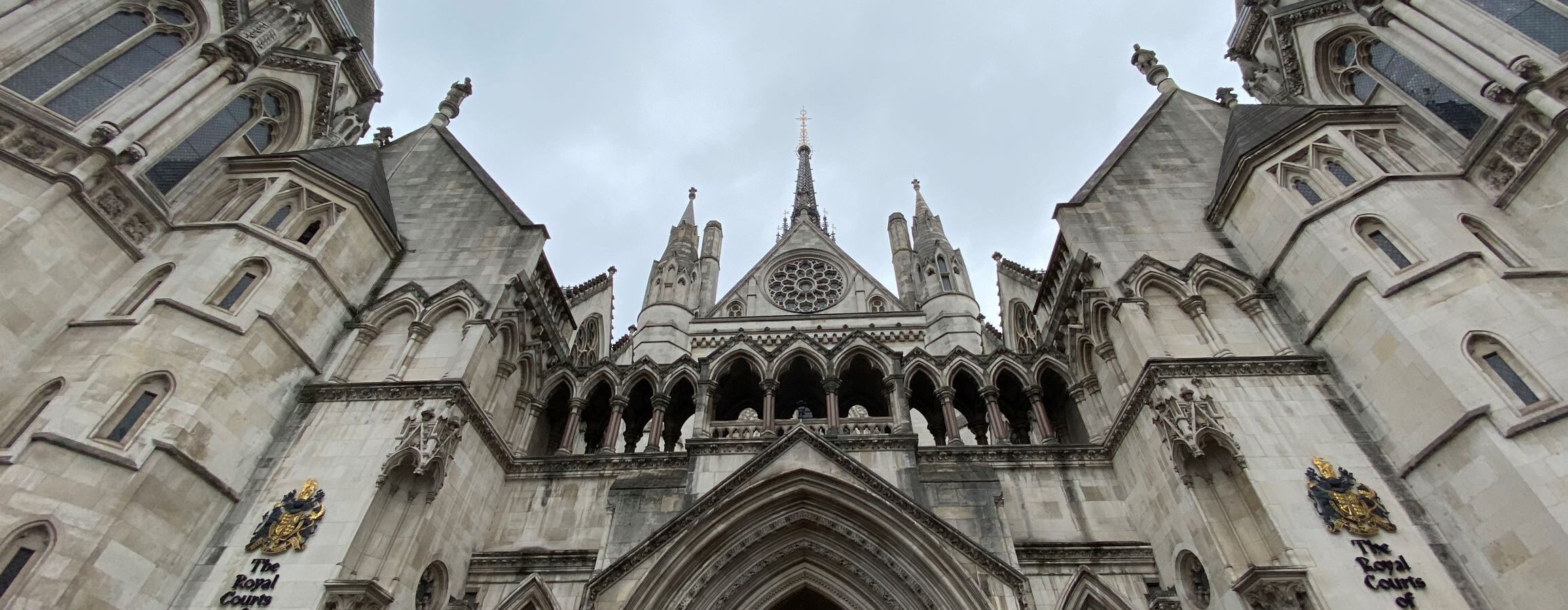Landmark Ruling in Supreme Court
Disclosure of childhood cautions and multiple convictions
On Wednesday 30th January 2019, the Supreme Court upheld a declaration of incompatibility under the Human Rights Act 1998.
In this landmark judgment in R (on the application of P, G and W) (Respondents) v Secretary of State for the Home Department and another (Appellants) [2019] UKSC 3 the court found, in part, that the “filtering rules” which govern when previous offences have to be disclosed on an enhanced criminal records check are a disproportionate interference with an individual’s Article 8 rights.
The ICCA has worked closely on youth justice materials with the Youth Justice Legal Centre, an arm of Just for Kids Law, who successfully brought the case on behalf of G. He had two youth reprimands from 2006 for incidents that occurred when he was 11 and 12. He was arrested for sexually assaulting two younger boys; sexual touching and attempted anal intercourse. It was abundantly clear at the time that the activity was no more than sexual curiosity and experimentation on the part of all three children involved. G was not prosecuted. Five years later, his work activities required him to apply for an enhanced DBS check. The police proposed to disclose the reprimand, with an account of the (extensive) mitigation. G withdrew the application and lost his job.
The charity, Unlock, intervened and their response to the judgment can be found here.
Background
Unlock reports that over the past 5 years, more than 1 million youth criminal records were disclosed on standard or enhanced criminal record checks relating to offences dating back more than 30 years. Under the current system of disclosure, many people may have been deterred from applying for employment for fear of the disclosure of stale offending which is often viewed disproportionately by potential employers. There have long been calls for reform.
The filtering rules that are currently in place stem from the case of R (T) v Chief Constable of Greater Manchester Police [2014] UKSC 35. Before this case, the situation was that every caution or conviction was disclosed in an enhanced criminal record check. In R v T the Supreme Court held this extent of disclosure to be unlawful, as a result of which, the government introduced the current filtering rules which mean that cautions for certain offences are filtered, and single convictions for certain offences that did not result in imprisonment are also filtered. Everything else is disclosable for the whole of someone’s life.
It is those revised filtering rules, introduced after R v T, that were challenged in the Supreme Court which found that the current regime is disproportionate in two important areas:
- The multiple conviction rule leads to ‘arbitrary results’. The aim of the rule remains legitimate, i.e. that repeat offending should lead to disclosure, However, the practical effect of the rule means that disclosure is still made in instances where there was a single incident leading to more than one conviction.
- The judgment, at para 64, states that youth reprimands (replaced by youth cautions under Legal Aid, Sentencing and Punishment of Offenders Act (LASPO) 2012) are a rehabilitative and a diversionary measure. The point was made that no consent is needed to receive one, making it disproportionate for them to be disclosed in criminal record checks.
Enver Solomon, CEO of JFKL said:
“There is now an overwhelming view shared by the higher courts and MPs that the government should act immediately to ensure no child who is given a caution ends up with a criminal record that stigmatises them for life. The government should also now conduct a wide-ranging review of the entire criminal records disclosure regime for children and young people.”
It remains to be seen what Parliament does to implement the necessary changes to the filtering rules and to give effect to the Supreme Court’s ruling.
Guidance for Advocates
Advocates need to be alert to the impact that a diversionary measure such as a youth caution, often adopted in fear and without due consideration, can have on a child’s life. To put things into context, government figures show that 13,533 youth cautions were issued in 2016/17.
A 2017 enquiry by the House of Commons Justice Select Committee on disclosure of youth criminal records found that the aim of the youth justice system was being “undermined” by the system for disclosure of youth criminal records “which instead works to prevent children from moving on from their past and creates a barrier to rehabilitation.”


